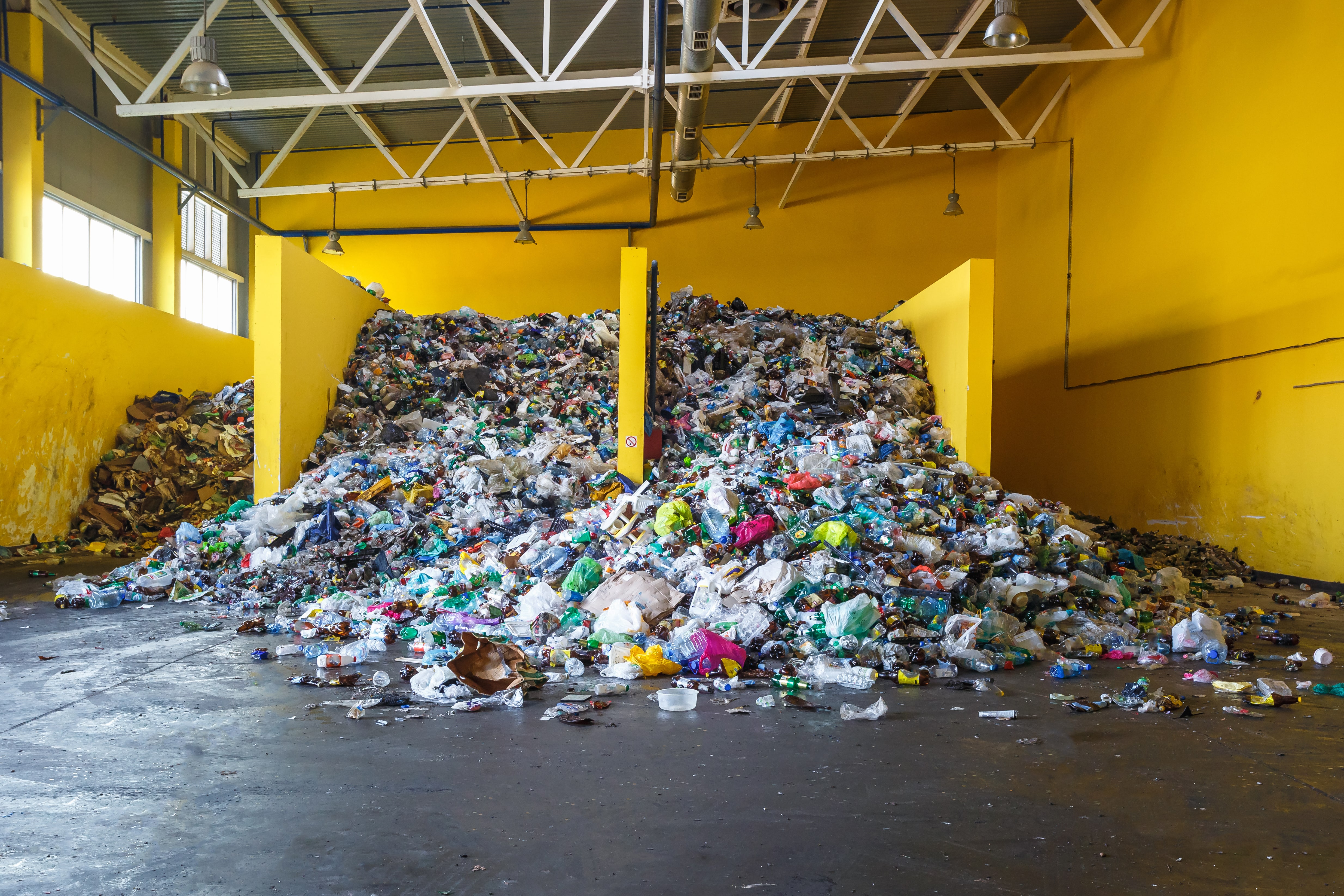
With nearly 100 million tonnes of food wasted annually at a cost of €143bn in the EU alone, entrepreneurs and policymakers alike are cracking down on lost opportunities from avoidable wastage. It’s not just food where waste levels are becoming critical – the cavalier approach to packaging so prevalent in global foodservice and hospitality is similarly ripe for reform.
The statistics speak for themselves. Estimates suggest two thirds of the UK’s recyclable plastic waste ends up incinerated or in landfill, while EU data shows nearly 163 kilograms of packaging waste was generated per person across the bloc in 2014. It’s an intractable issue with huge consequences for households, businesses and the environment.
Policy perspective
Regulators acknowledge the need to get to grips with packaging waste. A range of solutions and targets are being pushed at local, national and supranational levels. The policymaking context was a central topic of discussion at the waste management and circular economy seminar held in January at London’s Hallam Conference Centre.
Europe-driven initiatives received mixed reviews. Simon Rutledge of Biffa, for example, said a recent EU plan to ensure all plastics used in packaging are recyclable was “absolutely fantastic.” However PRNs – packaging recovery notes, certificates issued to firms when a material is recycled to show producers have shouldered the cost – were less well received. Established in the UK following an EU directive on packaging waste in 1994, panelists with experience of the notes argued they were bureaucratic and inefficient at achieving their aims. Henry le Fleming of PwC suggested they needed to become more “changeable” to support the right activities among businesses, with better financial incentives to keep materials in use.
What of the UK perspective? Dr Lee Davis of DEFRA presented government objectives to eliminate avoidable waste by 2050 and encourage digitisation of waste tracking, but conceded this reflected a long-term ambition rather than a step-by-step plan.
One area on which policymakers agree is the need to improve infrastructure to facilitate more sustainable use of packaging. John Redmayne of the European Recycling Platform says circular economy legislation is about to pass in the UK, mandating more reusing and repurposing of materials. Davis, however, notes enhanced infrastructure to make this feasible will be “vital,” while the SNP’s Environment Spokesperson John McNally says “binfrastructure” has entered the Westminster dialect to describe the underpinning work still required to make a meaningful dent in packaging waste.
More innovative accounts of how to handle packaging waste were to be found at a local level. Bruce Reekie of Perth and Kinross Council says deadlines from central government on biodegradeable landfill had forced councils in Scotland to take a more active approach to waste management. Risk sharing schemes with contractors offer one example of how spreading the burden can help cash-strapped localities meet their targets.
Similarly Andy Rees, head of waste strategy for the Welsh Government, pointed out how the administration’s authority over sustainability had precipitated real headway. This includes a recent procurement study in Wales which saw 41 tonnes of waste to landfill diverted, in addition to bold new schemes being pursued like consultation on 80% recycling targets by 2025 and a disposable plastics tax.
UK government figures from 2015 suggest Wales has the highest household recycling rate of any UK nation. Speakers concurred that expanding successful local initiatives on packaging waste nationwide could be invaluable.
Signs suggest the UK government is prepared to ramp up its battle against frittered packaging. It was announced at the start of January that, in addition to the biggest retailers, the 5p plastic bag charge would be rolled out to small shops nationwide, while a “latte levy” on hard-to-recycle disposable coffee cups is believed to be under serious consideration. Policies on packaging are grabbing headlines in 2018 like never before.
Industry perspective
The commercial implications of increased regulatory activity on packaging will be of concern to businesses. Measures like the latte levy have provoked a backlash from industry pressure groups. Mike Turner of the Paper Cup Alliance points out his organization recognises and welcomes the need for easier access to recycling points, but also warns that “taxing the morning coffee run will not address the issue of litter.” It could, however, “hurt consumers and impact already struggling high streets.”
But many businesses, rather than fearing at the prospect of government intervention, are pre-empting legislation by introducing their own packaging guidelines. In the first few weeks of 2018 some of the world’s biggest organisations have made landmark statements on packaging. McDonald’s promised to use only recycled or environmentally friendly materials on packaging across outlets worldwide by 2025, while Costa joined Wagamama and Pret A Manger in pledging to do away with plastic drinking straws by the end of the year.
Lugano Kapembwa, Estate and Environment Lead at the Canary Wharf Group, explained how engaging with staff and tenants has helped to create a circular economy in miniature at the estate. Examples include a “clean coffee zone” through work with energy startups like bio-bean, partnering with Delphis Eco to turn milk bottles into recycled packaging and minimising the number of bins with which tenants are confronted to make recycling feasible without being frustrating. It’s another prime example of how active organisations can reap the rewards of sustainability even before regulators get involved.
Businesses, then, are aware of the choice they face: integrate packaging sustainability into their everyday workings, or else have it imposed from above by government. However, the above examples suggest this isn’t something to fear.
As the circular economy continues to gain traction in policymaking circles, implementing a similar model on a firm-wide level could benefit businesses as well as the environment. Whether through more cost-effective fuel sources or reduced overheads on excess packaging, consultants should be aware that the fight against packaging waste is no mere regulatory hurdle; it’s a global movement with positive implications for the whole industry.
Thomas Lawrence
